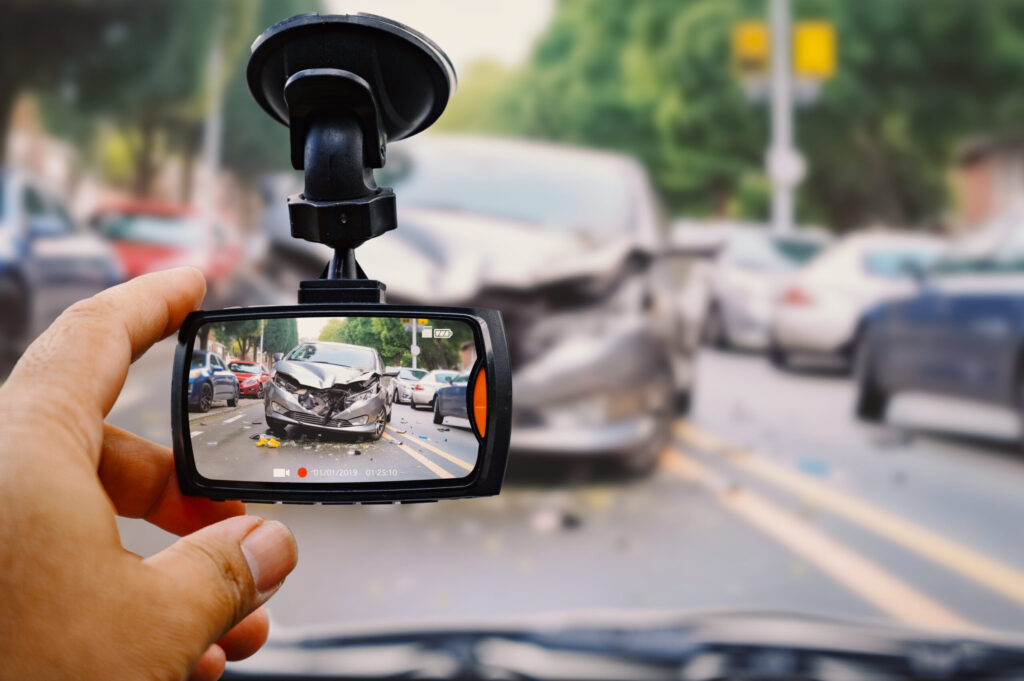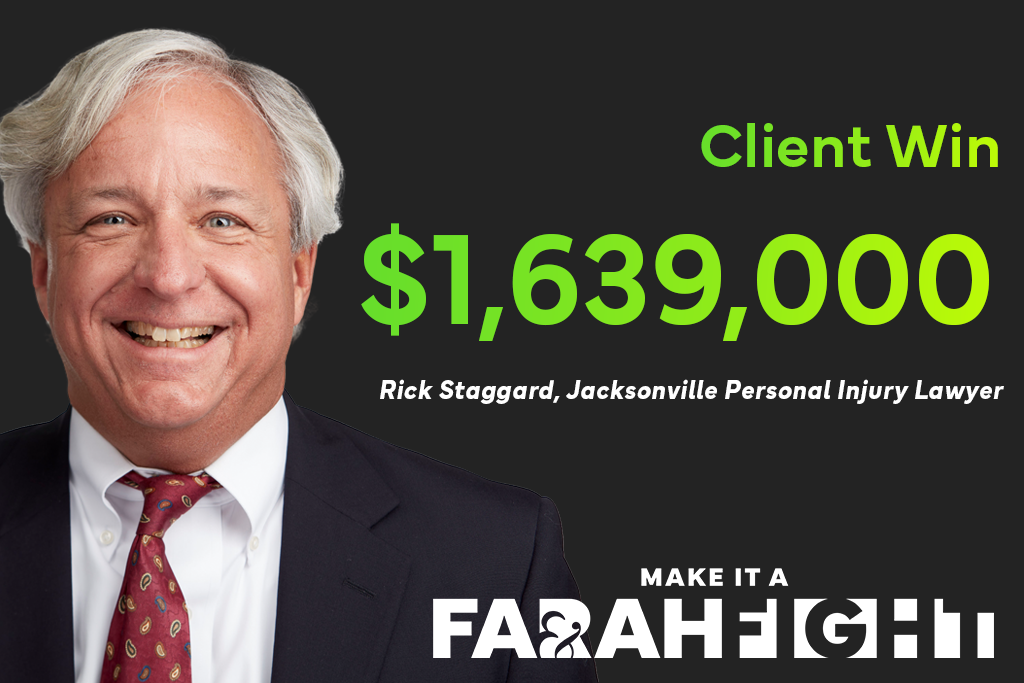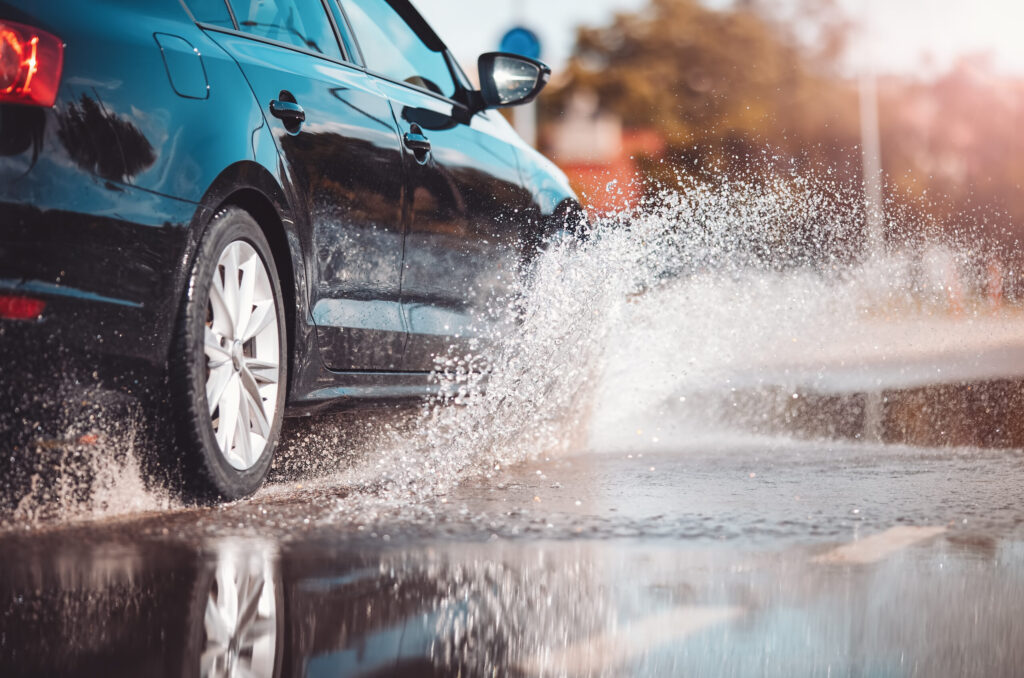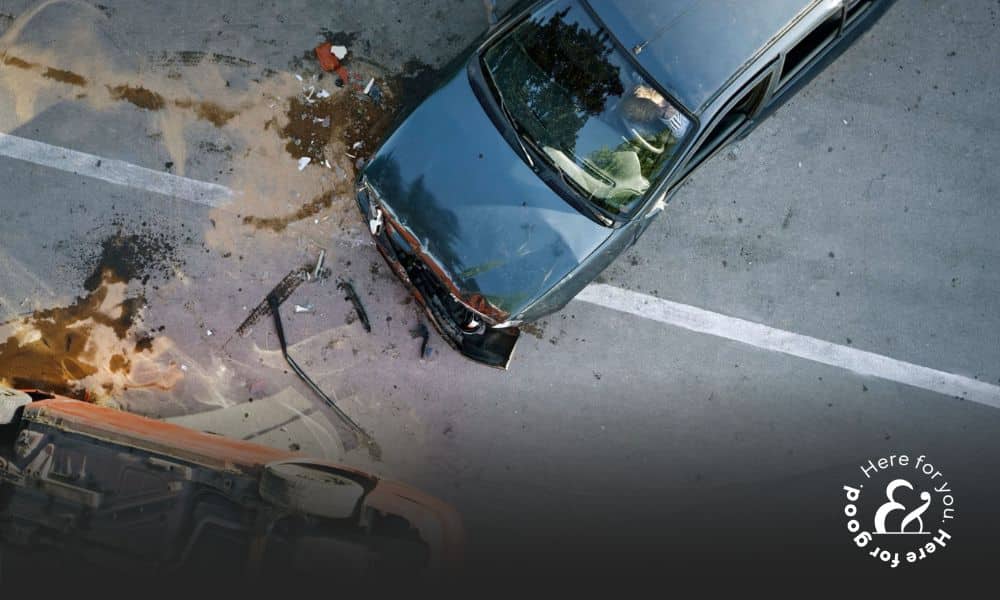Dash cams are becoming increasingly common on American roads. From truckers who may be required to have them to individuals who just want to protect themselves on the road, more people than ever before are turning to technology to document what happens while they’re driving. But how much does dash cam footage actually help your personal injury case if you’re in a car accident? And what happens if you don’t have one?
We sat down with personal injury attorney Rick Staggard to discuss the implications that dash cams have on car accident cases and how they can help…and hurt your case.
Who Usually Has Dash Cams?
Only about 10% of individual drivers have dash cams. Most dash cams on the road are actually in commercially driven vehicles like trucks. They’re not required, even for commercial drivers, but many companies strongly encourage their drivers to have them both for driver safety and to be evidence in case of an accident or an accusation. While in some cases, truck drivers own their trucks, a lot of trucking companies own their own trucks and have their own dash cams.
Is Dash Cam Footage Admissible as Evidence in Florida and Georgia?
For dash cam footage to be admissible in civil court in most states, it has to fairly and accurately depict the crash and the circumstances surrounding it. The rules can vary by state, but may involve regulations pertaining to the dash cam’s location within the car, as well as whether it records both audio and video.
Two-Party vs. Single-Party Consent for Recording
For example, Florida is a two-party consent state. “If you’re going to record someone,” explains Rick, “they have to have knowledge of it and consent to it. It’s a third-degree felony to record someone and not tell them.” Georgia, on the other hand, is a single-party consent state, which means that only one participant in a conversation has to consent for the recording to be legal.
These laws also only pertain to audio recordings where those being recorded would have a reasonable expectation of privacy. Video-only dash cam recordings may be admissible even if not everyone in the video has consented to being recorded. This is why truck drivers are more likely to have dash cams than rideshare drivers, who have to worry about conversations with passengers in their vehicles. “I’ve never seen a dash cam in a rideshare vehicle,” Rick says. “This may be because of state laws about consent for audio recordings.”
Dash Cam Placement Laws
While there aren’t laws in Florida or Georgia that designate exactly where a dash cam has to go, they are covered by any laws that aim to stop people from obstructing the view through the windshield. This means that drivers with dash cams have to be careful to place the camera so that it’s not attached to the windshield or otherwise obscuring their view of the road.
How Do Dash Cams Help a Personal Injury Case?
Dash cams can provide undeniable evidence of what happened in a car accident, whether it’s your own dash cam footage or not. If you’ve been in a car accident, your personal injury attorney will explore all possible avenues for evidence, including the dash cams of others who may have been on the road at the same time. “We’ve had a couple of cases where unrelated truck drivers were able to capture our clients’ accidents on camera,” Rick explained.
Dash cam footage is especially beneficial if you’re not at fault, because it can clear you of liability. Such footage can also provide additional context for an accident, like the weather conditions, road layout, traffic signals, and more. This may help reduce your liability in an accident if it’s evident from the video that there were other parties that contributed to the crash.
How Can Dash Cams Hurt Your Case?
Dash cams aren’t always helpful to your case, though. If you’re a good driver, they can help to show that, but if you’re not, you’re risking video evidence of your own driving mistakes. However, even if you are at fault, it can still be helpful. “If you’re at fault in a car accident,” Rick added, “you may want the insurance company to settle as quickly as possible. Dash cam footage can remove any ambiguity in the case and move things forward faster.”
We Leave No Stone Unturned
While dash cam footage can be helpful in some cases, it’s not the end of the world if you don’t have one. Farah & Farah’s experienced car accident attorneys will leave no stone unturned in our search for all of the evidence in your case. We’ll look for traffic cam footage and dash cam footage from vehicles nearby when the accident occurred, gather witness statements, canvass all surrounding businesses to see if they have security footage capturing the crash, and more to make sure that you get the justice you deserve. Don’t wait to contact us if you’ve been in a car accident. We’re here for you, and here for good.










